Posts in Category: Dog and Puppy Care
Why Is My Dog Throwing Up Worms?
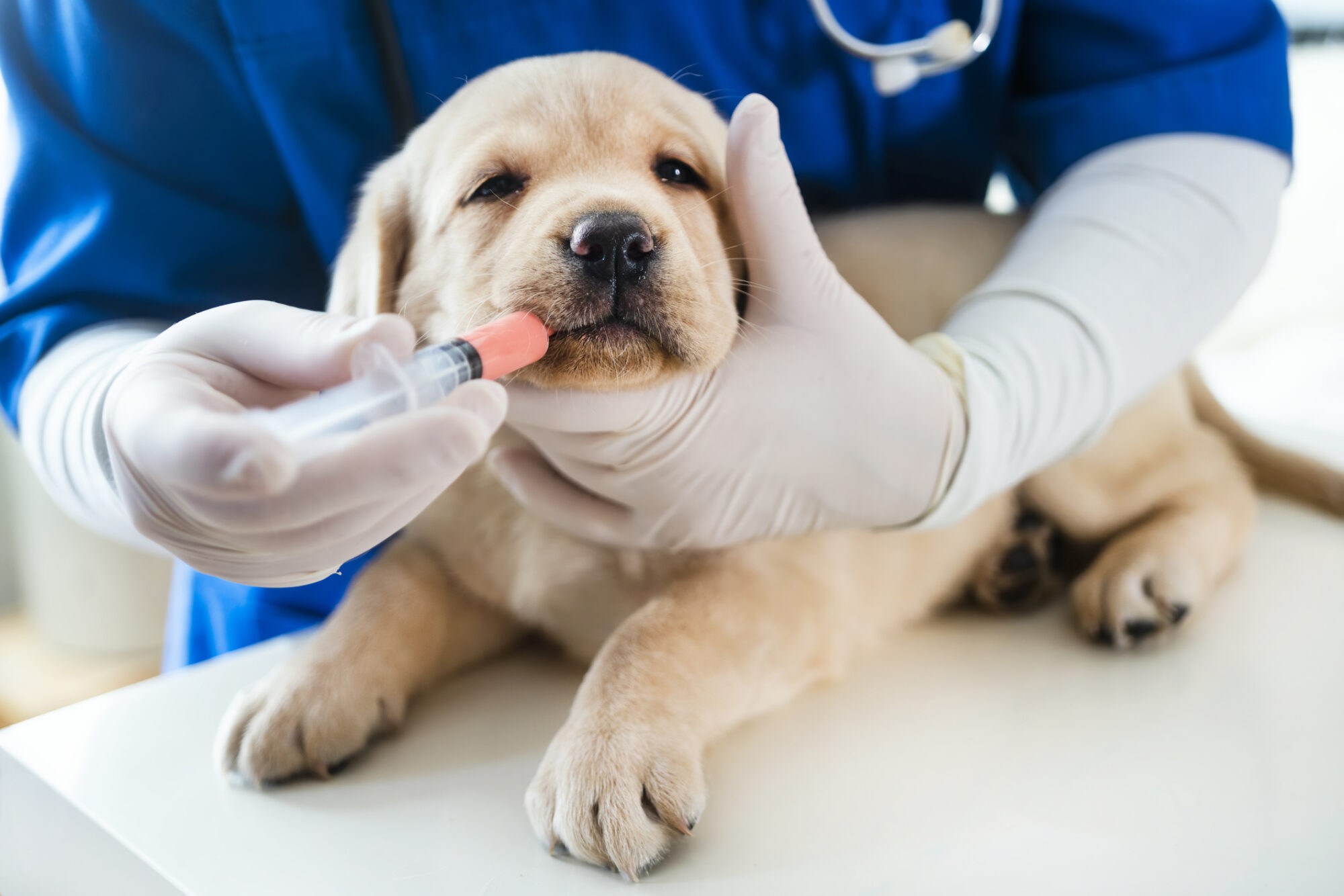
There’s nothing like waking up to a happy pup—unless they’ve had a rough night and left you a surprise. If your dog is vomiting worms, it’s alarming and, yes, a bit gross. But don’t panic—Bayside Animal Hospital is here to help you understand what’s going on and how to take action to protect your pet’s health.
Let’s explore what might be causing this unsettling symptom, how serious it is, and what you should do next.
What It Means When a Dog Throws Up Worms
Worms in vomit almost always indicate a parasitic infection, and while it’s not super common to see them this way, it does happen, especially with roundworms.
Roundworms are one of the most common intestinal parasites in dogs. In heavy infestations, they may migrate into the stomach and get expelled during vomiting. The worms themselves are often white or light tan, several inches long, and resemble spaghetti. If this sounds like what you’re seeing, roundworms are the likely culprit.
Other worms, like tapeworms and hookworms, don’t usually show up in vomit, but they can still cause digestive symptoms and serious health issues if left untreated.
Common Signs of a Worm Infestation
Seeing worms in vomit is a pretty dramatic sign, but often, other symptoms show up first. Keep an eye out for these red flags:
- Vomiting or diarrhea (sometimes with blood)
- Potbellied appearance, especially in puppies
- Weight loss despite a healthy appetite
- Scooting or excessive licking of the rear
- Worm segments in feces or around the anus (tapeworms often look like small rice grains)
If you’re noticing any combination of these symptoms—especially vomiting—you should contact your vet immediately. Early diagnosis makes treatment easier and more effective.
How Did My Dog Get Worms?
Even the cleanest, best-cared-for dogs can get worms. Parasites are sneaky and extremely common. Your dog may have been exposed through:
- Ingesting infected feces or contaminated soil at the park
- Fleas, which can carry tapeworm larvae
- Eating prey animals like rodents
- Transmission from mother to puppy, especially with roundworms and hookworms
Because the life cycle of parasites can vary, and some can even infect humans, prevention is key.
Treatment Options for Worms in Dogs
The good news? Most worm infestations are treatable, especially when caught early. Your veterinarian will likely recommend:
- Fecal testing to determine the type of worm
- Prescription deworming medications, which may need to be repeated
- Follow-up care to ensure all worms and eggs are eliminated
In some cases—especially if your dog has lost weight or is experiencing severe vomiting—supportive care like fluids and anti-nausea medication may be necessary.
And don’t forget about environmental cleanup. Picking up feces promptly, cleaning your pet’s bedding, and using flea prevention are all essential steps in stopping the worm life cycle.
Prevention Is the Best Medicine
To reduce the risk of future infestations, talk to your vet about a routine parasite prevention plan. Bayside Animal Hospital offers wellness exams where we can:
- Check for signs of worms and other issues
- Recommend the right parasite prevention products for your dog
- Discuss any changes in behavior, appetite, or energy that may signal a health concern
Monthly parasite prevention is a simple, effective way to protect your pup from worms and other parasites before symptoms ever appear.
Your Dog Deserves Relief—We’re Here To Help
Vomiting worms is never something to ignore. The veterinarians and staff at Bayside Animal Hospital are experienced in diagnosing and treating all types of parasite infections, including roundworms, tapeworms, and hookworms. If you’ve noticed vomiting or other signs of worms in your dog, call (916) 791‑8387 to schedule an exam. We’re here to help your pup feel better fast—and keep those pesky parasites at bay.
What is Canine Seborrhea?

Canine skin disorders such as canine seborrhea can significantly impact a dog’s health and well-being, so it’s important to know the signs so you can seek relief fast for your precious pooch. In this blog, our team at Bayside Animal Hospital explores the causes, symptoms, and treatments for canine seborrhea.
Continue…What Is A Reverse Sneeze In Dogs?

If you’ve ever heard your dog do a reverse sneeze, you know exactly what it sounds like. Yes, the sound of it is bizarre enough to make a permanent impact. But what is a reverse sneeze, and how does it affect a dog’s health?
Continue…Understanding Pet Nutrition

At Bayside Animal Hospital, we understand that your pet’s health and happiness are top priorities. One of the most crucial aspects of maintaining their well-being is proper nutrition. In this blog post, we’ll explore the essentials of pet nutrition, focusing on what to feed your dog or cat to make sure they thrive.
Continue…10 Tips for New Pet Owners: What You Need to Know
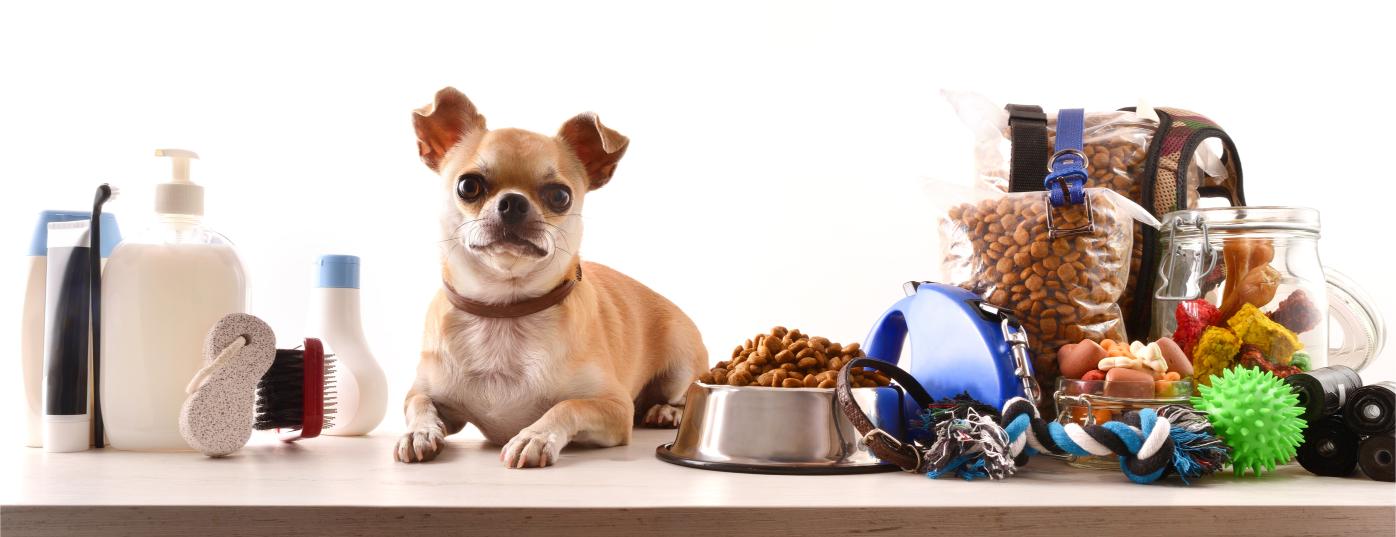
Without the proper preparation, pet ownership can overwhelm people new to the experience. There is a mountain of information out there for new pet owners, but to help capture the essence of the experience, we offer the following ten tips to get you and your pet from merely surviving to fully thriving together:
Continue…Help! I Have a Senior Citizen Stinky Dog!
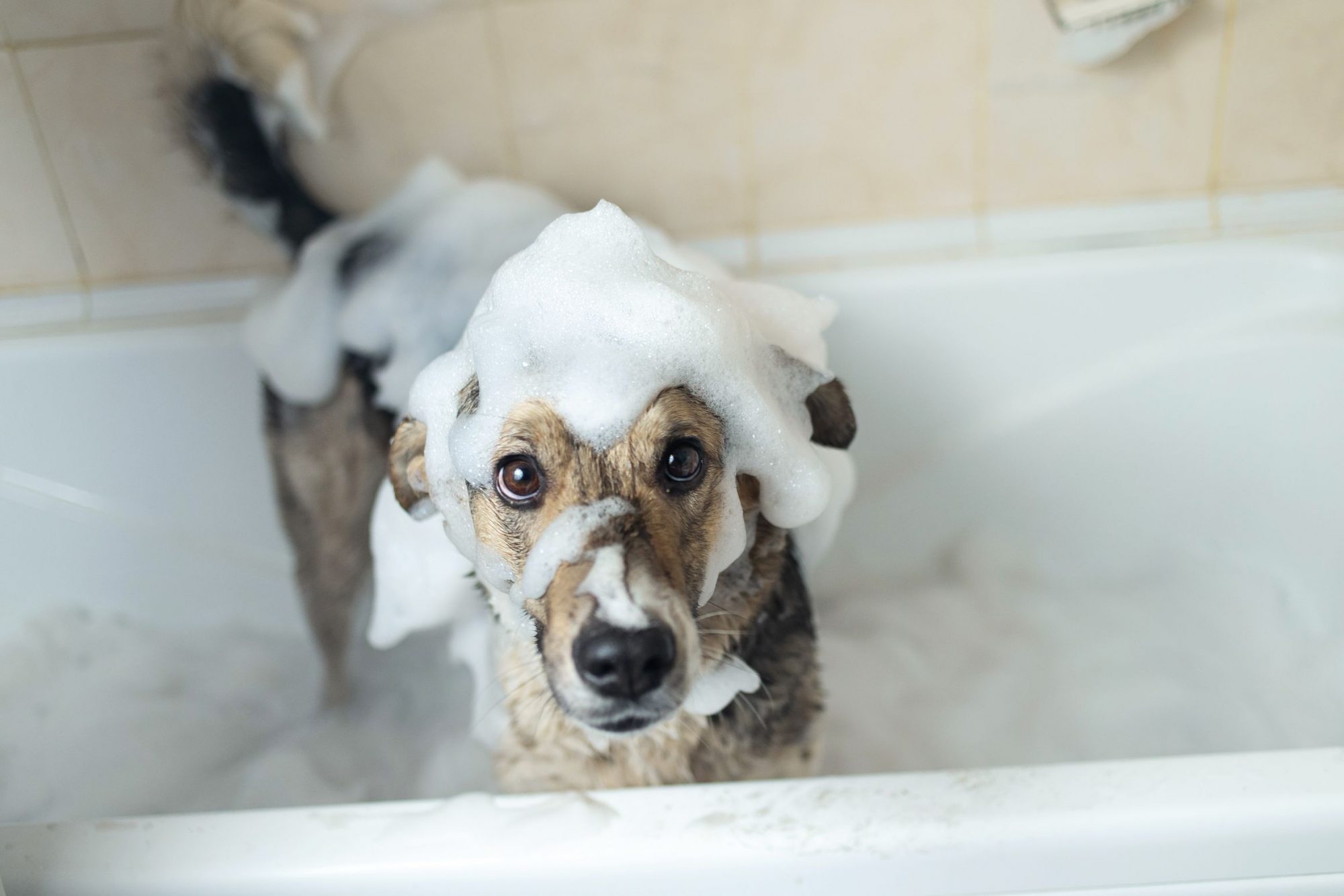
Dogs in general are not exactly known for their appealing aroma. They like to roll in dead things and raid the litter box, and it is only natural that they don’t always smell like roses. Bayside Animal Hospital has met our share of smelly pups, though, and we know that senior pets in particular often smell for reasons we can fix. Read on to learn what we know about helping the stinky dog smell better.
Continue…Back to School: Puppy Training Basics

It’s that time of year—the air is getting a little crisper, pumpkin spice lattes are on the horizon, and the kids are back in school. It’s also a great time to get back to the ABCs and 123s of puppy training. At Bayside Animal Hospital, school is back in session, and we have plenty of puppy training tips for you to review.
Continue…Regular Vet Check-Ups for the Best Preventive Pet Healthcare
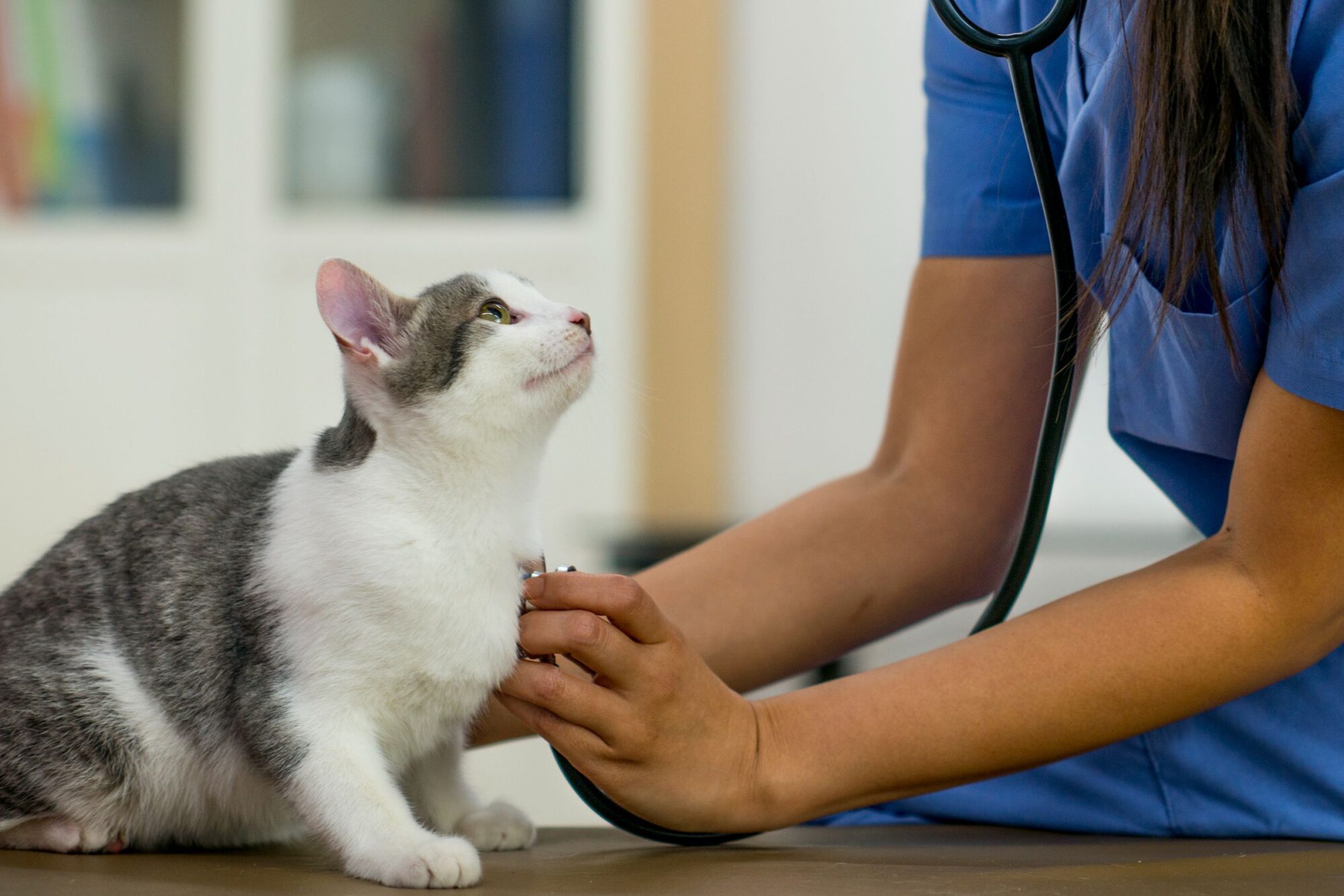
Who doesn’t want their four-legged family member to live their longest, best life? Bayside Animal Hospital is in the business of keeping our patients as healthy as possible, and routine veterinary care and pet wellness exams are a big part of that.
Continue…How to Help Your Pet Adjust to a New Home

Moving to a new home is an exciting time, but for our pets, suddenly landing in an unfamiliar space can lead to pet anxiety. So while you’re packing up boxes and making plans for moving day, keep these pet relocation tips from our team in mind.
Continue…How to Choose the Right Type of Food for Your Pet’s Diet
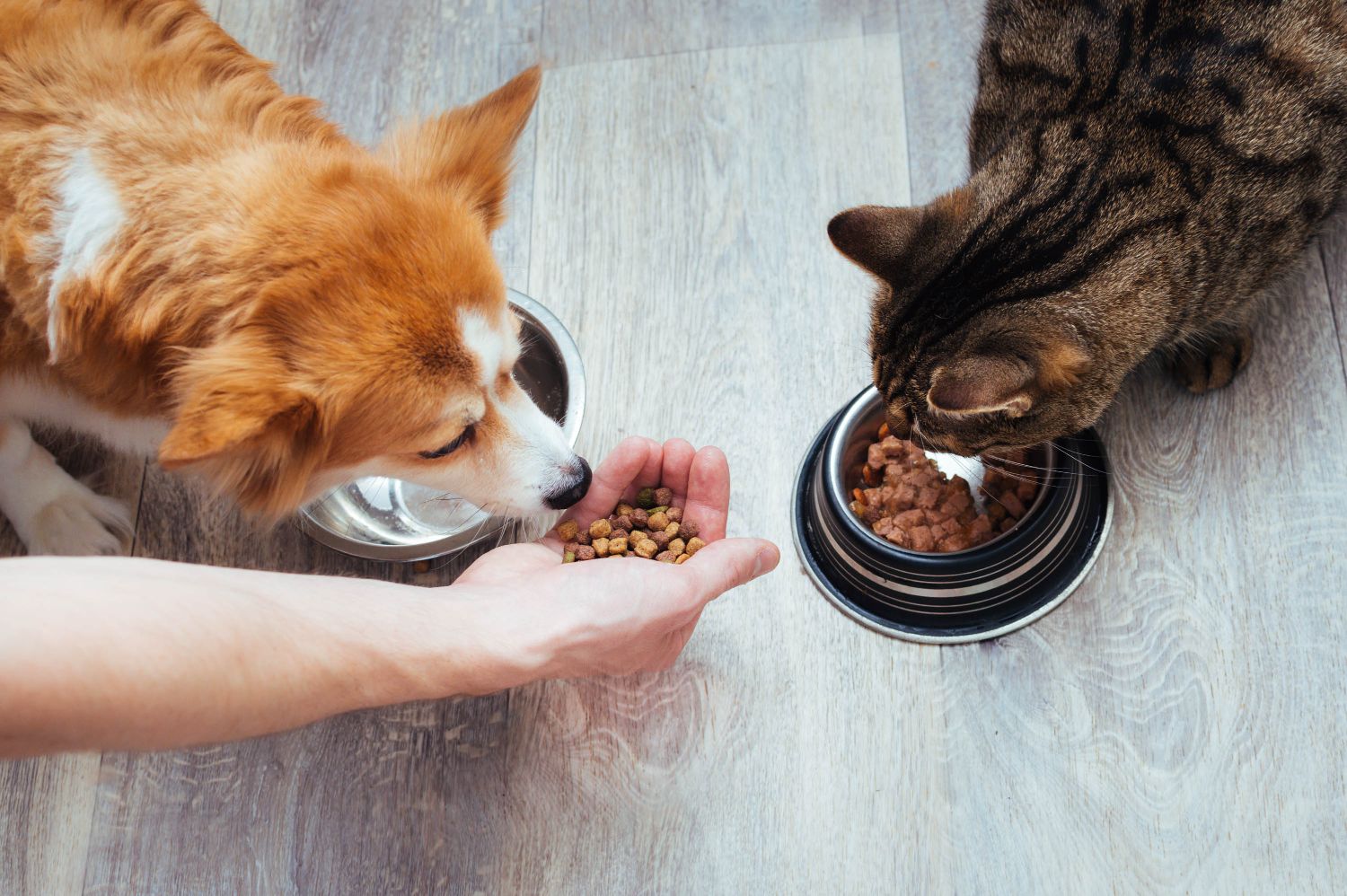
Are you passionate about choosing the right pet food for your furry friend? We are, too. But it’s the Wild West out there when it comes to pet food choices. From bloggers to marketers to Nelly Jones next door, everyone seems to have an opinion on what healthy pet food options are—and aren’t.
Continue…

